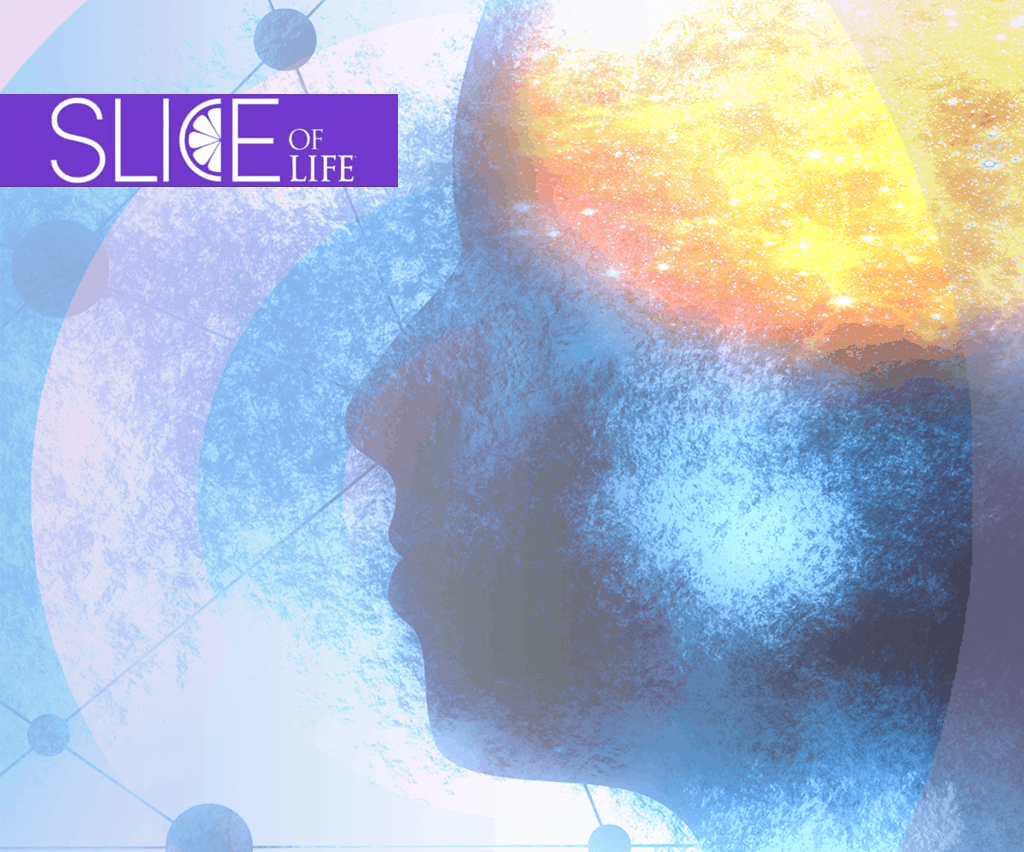As someone who got degrees in English and philosophy, I have always been a little envious of students’ whose majors sounded inherently more impressive. Being able to say “I study quantum physics” or “organic chemistry” always seemed to garner a more impressed reaction than when I told people I had been reading Faulker or Spinoza. Today we are going to take a look at a field of study here at Life University with a similarly impressive moniker and see what is going on behind the title of “biopsychology.”
So, let’s start with the term “psychology” and use that as familiar ground from which we can advance. We are all probably familiar with psychology as the study of our brain’s functions as it relates to the behaviors and attitudes we express. Think of a counseling session as the meeting point between, on one hand, the field of psychology as a complete understanding of how our minds operate and, on the other, the individual sitting in front of the counsellor with their personal needs and desires. This means that for the field of psychology to operate at its best, we need researchers doing the hard work of testing theorems and observing results in a lab, as well as a group who can excel at the bedside manner required for effective face-to-face counseling.
With this in mind, let’s return to that term “biopsychology.” A biopsychologist will be almost entirely interested in the knowledge-building side of the equation and will (in all likelihood) leave the patient-oriented efforts to other professionals. Here the “bio” prefix means that biopsychologists are specifically interested in thinking about how the chemical mechanics within our brain are directly correlated to our feelings and behaviors. What is happening in my brain when a smell powerfully evokes a memory? How about what is happening at the material level of neurons when I forget something? Well, we need professionals who are both deeply trained in both the biological mechanics of the brain as well as the foundations of psychological and behavioral study in order to approach these questions scientifically. That isn’t even to mention the fact that looking so closely at where the immaterial (our thoughts and memories) and the material (the grey matter actually in our head) is drilling into one of the deepest philosophical questions of “what we are” that has been pondered by folks from Plato to Hume to Pinker.
Taking a look at the course offerings that make up a biopsychologist’s curriculum only underlines the intensity of training needed for this profession. While there are only two courses technically labelled “biochemistry,” the rest of the courses that a student may follow are uniquely flexible to their interests.
Just as Chiropractic views the body as a whole, interconnected system, biopsychology tries to zoom the microscope in as close as possible to the link between the chemicals in our brain and our mental experience of the world. On one hand it’s easy to say “Duh, we should be studying the brain if we want to help people deal with mental health,” but the more you look at it, the more you realize how demanding it becomes to train someone who can help put the pieces together all the way from the observatory lab, to the academic conference, to that long couch you lay on while you talk about your dreams. So, when you hear someone tell you they are focusing on biopsychology, your reflex to be impressed is probably the right one.
Learn more about LIFE’s Bachelor of Science in Biopsychology here: https://www.life.edu/academic-pages/college-of-graduate-and-undergraduate-studies/biopsychology-bs/
Slice of LIFE is an invitation to and extension of everything happening at Life University. Whether you are a current student, a potential freshman or a proud alum, Slice of LIFE can help keep you connected to your academic community. Know of a compelling Life U story to be shared, such as a riveting project, innovative group or something similar? Let us know by emailing Marketing@life.edu.


Social Media